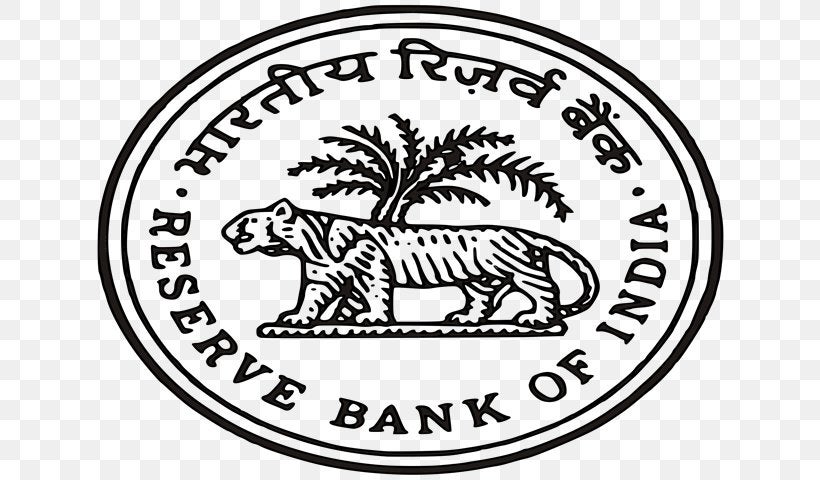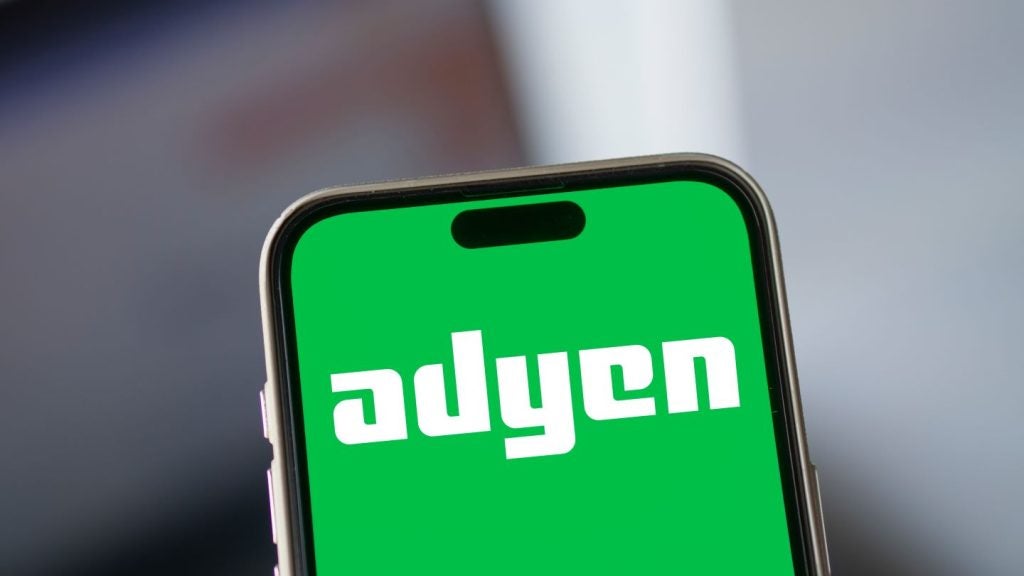
Banking lobby Indian Banks’ Association (IBA) is in talks with the Payment Council of India (PCI) to set up a regulatory body for digital payments.
The aim is to establish a non-profit joint venture (JV) to regulate the country’s digital payments industry.
How well do you really know your competitors?
Access the most comprehensive Company Profiles on the market, powered by GlobalData. Save hours of research. Gain competitive edge.

Thank you!
Your download email will arrive shortly
Not ready to buy yet? Download a free sample
We are confident about the unique quality of our Company Profiles. However, we want you to make the most beneficial decision for your business, so we offer a free sample that you can download by submitting the below form
By GlobalDataThe regulatory body will come under the purview of Self-Regulatory Organization (SRO) framework licence newly issued by the Reserve Bank of India (RBI).
IBA and PCI will organise a formal discussion to finalise the proposal later this month, The Economic Times (ET) reported citing a source.
The final proposal will be submitted to RBI’s Department of Payments and Settlement Systems.
The members of IBA and PCI will manage the JV, which will introduce a system of checks and balances.
In a statement, one official said: “PCI is in talks with IBA to jointly apply for an SRO licence, as a JV with the latter will bring more pedigree to the application.
“It is still early days as they will have to seek clarity on the partnership from the banking regulator RBI.”
The SRO for payment system operators (PSOs) will help streamline policy decisions between the industry, government and regulators. This is expected to improve communication, enforce standards and resolve disputes.
However, IBA and PCI will have their own specific objectives under RBI’s new licence regime.
This includes ensuring compliance among payment gateways (PGs) and payment aggregators (PAs).
Moreover, the new regulator could be required to ease the backend integration of New Umbrella Entities (NUE) with the existing systems of the National Payments Corporation of India (NPCI).
This is because the RBI wants the new retail settlement systems to be interoperable, the report added.
The source said: “The RBI wants the SRO to act more as a coordination and synchronisation body which will manage synergies between all stakeholders.
“The SRO could be made to co-ordinate with NPCI and the NUE players, and also the whole compliance for payment aggregators and payment gateways.”
RBI said: “While self-regulation would release regulatory resources that can be better focused on issues of systemic importance, it would, by virtue of being developed by the industry itself, be more appropriate and encourage better compliance.”
India has been recently looking to push deeper into the digital payments space, which has gained ground especially in the wake of the Covid-19 pandemic.
In August 2020, RBI set up an offline payment system to push digital payment adoption in areas with slow or no internet.
Last year, the RBI unveiled a series of measures to encourage digital payments. The measures include waiving off charges for online transactions in the National Electronic Funds Transfer (NEFT) system.








